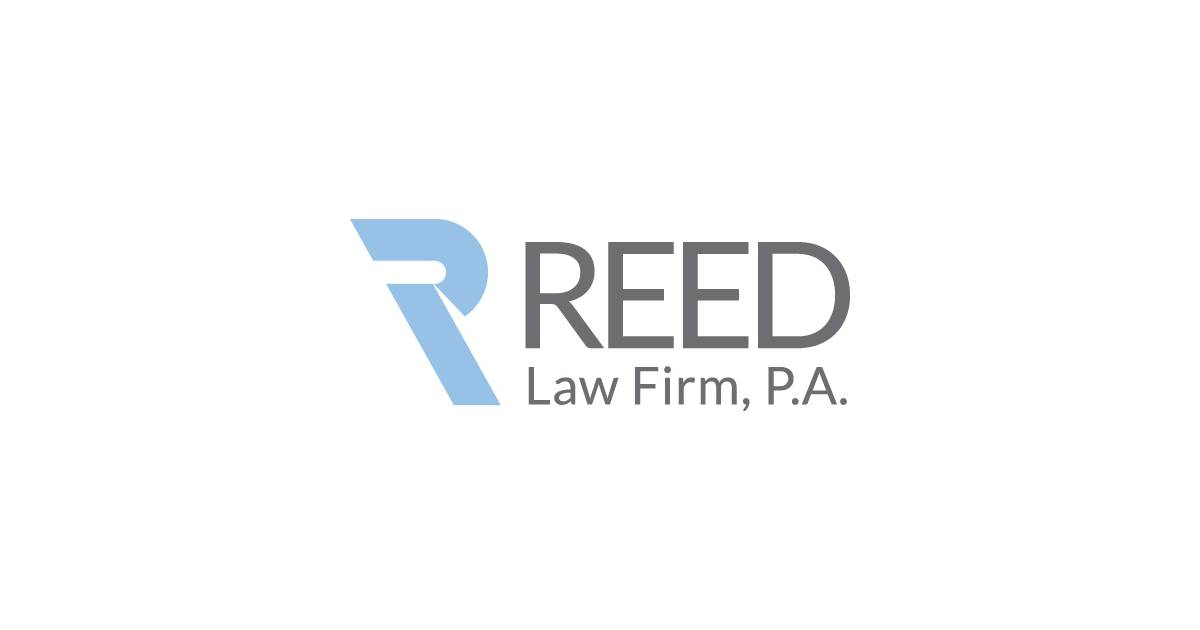


A fresh start is just a phone call away. Our Columbia SC attorneys can help you get out from under overwhelming debt through a bankruptcy filing.
Filing for bankruptcy can be a daunting and complex decision, especially for residents of South Carolina facing overwhelming debt. Whether due to unexpected medical expenses, job loss, or other financial hardships, understanding the bankruptcy process is crucial for regaining control of one’s financial future. This article aims to provide a comprehensive guide to Filing for bankruptcy in south carolina, covering the various types available, eligibility requirements, the filing process, as well as the implications of bankruptcy on credit and finances. Additionally, we will explore alternatives to bankruptcy and offer resources for legal support, helping individuals navigate their options and make informed decisions during challenging times.
# Filing for Bankruptcy in South Carolina
Bankruptcy—it’s a word that can send chills down the spine, conjuring images of financial doom and gloom. But hold your horses! In South Carolina, filing for bankruptcy is essentially hitting the reset button on your financial life. It’s not just for the hopeless; it’s a legal way to regain control over your finances when the going gets tough. Think of it as a way to emerge from the financial shadows, armed with a fresh perspective and a new plan.
## Types of Bankruptcy Available in South Carolina
### Chapter 7 Bankruptcy
Chapter 7 is the rock star of the bankruptcy world—it’s quick, efficient, and designed to wipe out most unsecured debts like credit card bills and personal loans. It’s known as “liquidation bankruptcy,” which sounds a bit scary, but let’s not panic. This means that a trustee may sell some of your assets to pay off creditors. However, many people can keep important assets, thanks to exemptions. It’s like a financial cleanse that leaves you feeling lighter (and not in the “I just ate a whole pizza” kind of way).
## Eligibility Requirements for Bankruptcy Filing
### Income and Debt Limits
Before you dive headfirst into the bankruptcy pool, it’s crucial to know the entry requirements. For Chapter 7, your income needs to be below a certain threshold based on the state median. If you’re above that, it doesn’t mean you’re out of luck—just means you might need to consider Chapter 13 instead. Meanwhile, Chapter 13 has its own debt limits; you can’t have too much debt, or you’ll be sent to the financial corner for a timeout.
### Means Test for Chapter 7 Bankruptcy
Ah, the means test—sounds ominous, doesn’t it? But fear not! This is simply a way to determine if you can file for can you file bankruptcy 3 times. You’ll provide some financial details to see if your income falls below the median for South Carolina residents. If you pass the test, congratulations! If not, it means Chapter 13 is your ticket to financial freedom instead.
## The Bankruptcy Filing Process in South Carolina
### Preparing the Necessary Documentation
Once you’ve decided to take the plunge and file for bankruptcy, it’s time to gather your documents. Get ready to channel your inner detective as you hunt down tax returns, bank statements, and a detailed list of your debts. It’s all about painting a clear picture of your financial landscape, and trust me, your future self will thank you!
### Understanding the Role of the Trustee
After you’ve filed, a trustee will be assigned to your case—think of them as your financial referee. They’ll review your paperwork, oversee the process, and help ensure everything goes smoothly (or as smoothly as possible). They’re the ones who’ll negotiate with creditors and ensure that your assets are properly handled. So, give a wave to your trustee; they’re the unsung hero in your journey to financial recovery!
Common Myths and Misconceptions about Bankruptcy
Bankruptcy Affects All Types of Debt Equally
If you think all debts are created equal in the eyes of bankruptcy, think again! Certain types of debt—like student loans and child support—are hardier than your grandma’s casserole; they just won’t go away with bankruptcy. Other debts, like credit cards and medical bills, can often be wiped clean. So, it’s essential to know what you’re dealing with before filing.
